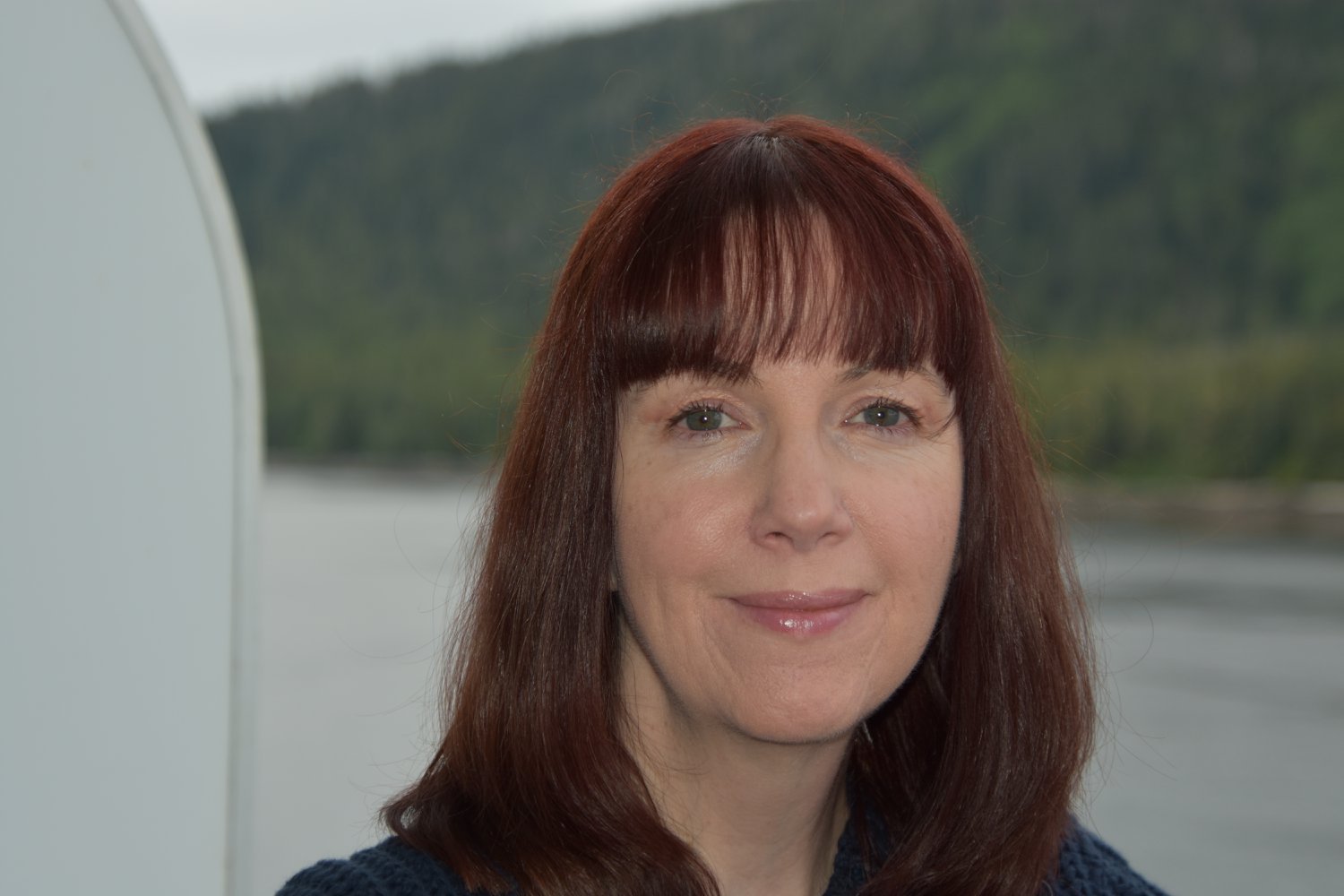- Cahill Announces Julie L. Cohen as Firm’s First Chief Marketing Officer
- Jennifer Wallace, Chair of SFNet’s 40 Under 40 Awards, Encourages Members to Nominate Rising Stars
- Gordon Brothers Completes Big Lots Purchase & Facilitates Going Concern Sale
- eCapital Acquires LSQ to Expand Technology Solutions and Strengthen Market Leadership
- Interview with Kristin Maxwell, Member of SFNet’s Inclusiveness Committee
Committee Spotlight: Convention Programming Committee 2019
By Michele Ocejo
This column highlights the hard work and dedication of SFNet committee volunteers. Here we speak with David Morse, chair of the Convention Programming Committee 2019.
What would you say has been the best part of chairing the Convention Committee and the most challenging?
The best part of working on the Convention is getting to work with the various committee members, to talk to moderators and panelists for the programs and to get a chance to think about what is really of interest to our community and would make for great content for us. I am very excited about the programming because we have done a couple of things a bit differently. First, many of the panels are going to have various publications and other organizations that assemble data about aspects of our market, or on matters that impact our network’s market, present the results of their surveys and data followed by panelists who can speak to that data in the context of their specific businesses. So people attending the conference will get unique access to a combination of objective information and subjective real-life context for that information—not really available in any other way.
Second, reflecting the complexity of the current state of affairs, we are going to have a lot of commentary on macroeconomic and geopolitical events from experts, kicking off with our keynote speaker, Peter Zeihan, and including what should be an extremely engaging debate between Professor Kelton as a proponent of Modern Monetary Theory and Marci Rossell, a CNBC economist and Sqawk Box commentator, all moderated by a CBS business journalist. This promises to be one of the highlights of the Convention.
At the same time, we are going to have some serious content about topics that are integral parts of our secured finance businesses...issues around covenant deterioration, trends in Chapter 11 financing: our “not for lawyers only” program should cover some key matters like LIBOR replacement from the likes of Meredith Coffey, who is the co chair of the committee responsible for developing the approach for its replacement, the Alternative Reference Rate Committee. I really hope that everyone takes full advantage not only of the great opportunities to network, but to listen to some truly engaging programs.
Why were you interested in this particular Committee?
Having worked on the International Lending Conference since Richard Kohn and I started it 13 years ago, I knew how rewarding it could be to help to put together an event like this, although I confess this is of a somewhat larger scale and compounded with the challenges of New York City. The nice thing about this committee is, somewhat like the deals that I work on, it has a clear beginning, middle and end—just a diffeent type of closing.
How do you manage to juggle your high-pressure “day job” along with the time required for chairing a committee and what advice would you give to others who are interested in joining a committee?
My involvement with the Secured Finance Network over a lot of years has always been a challenge, but the SFNet staff is just great to work with and really pull a lot of weight in getting things done, particularly at those times when my “day job” may not leave me the time to spend on it at least at a specific moment. It is very reassuring to be able to rely on them to spend a lot of the time needed to get things done. The good news is that, generally, timing for most tasks has some flexibility so you can manage around the time pressure that may surface in connection with other work. Ultimately, of course, in terms of working with a committee, sometimes, in the spirit of the Nike slogan, you just have to do it.
What is the last book you read?
While I have always loved to read (go figure, a lawyer who likes to read…), most of my reading consists of cases and articles related to secured finance, but I actually did get a couple of days of downtime on Cape Cod with family this summer, where I read a fascinating history of New York City for the period from 1898 to 1919 by Edwin G. Burrows and Mike Wallace called Greater Gotham: A History of New York City from 1898 to 1919. It captures an era of intense change in our world, not unlike when we look back over the last few decades now, laying out the competing forces driving such change and its direction and at the same time gives a perspective on how different the places that we pass each day as we work and live here are from that bygone era.



